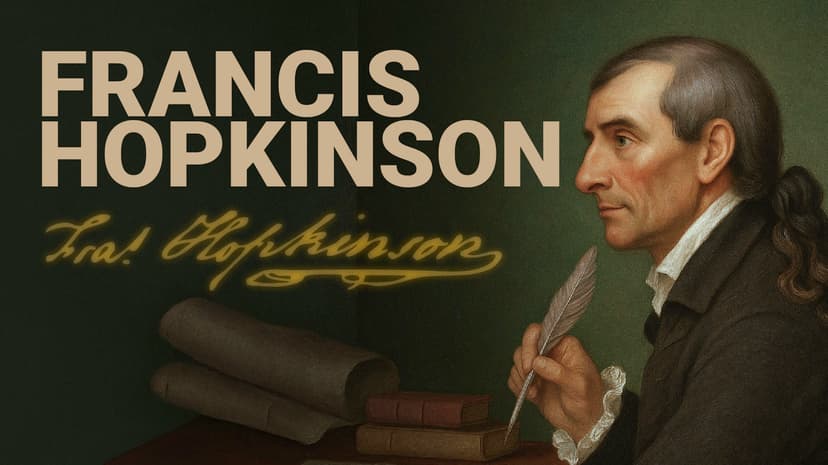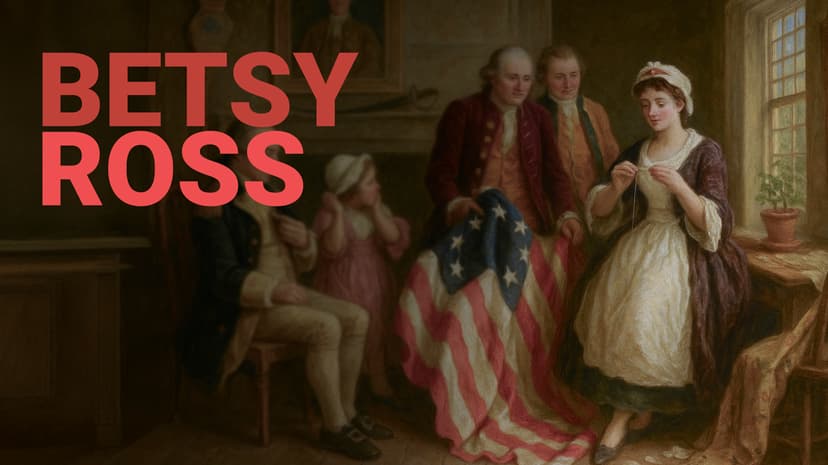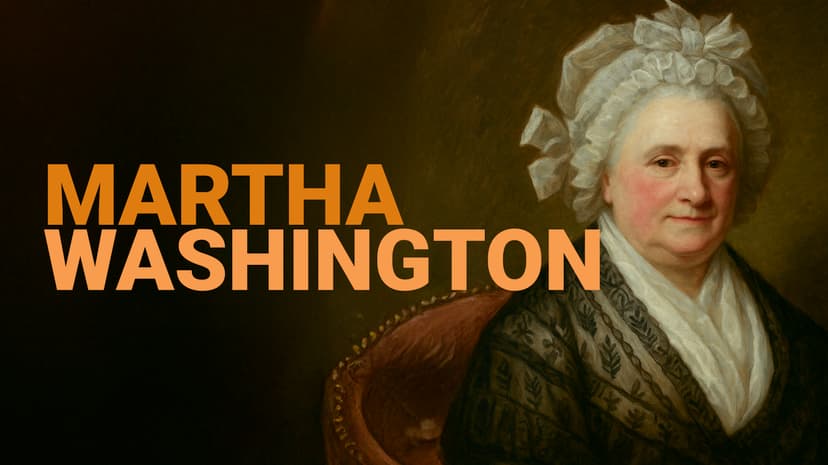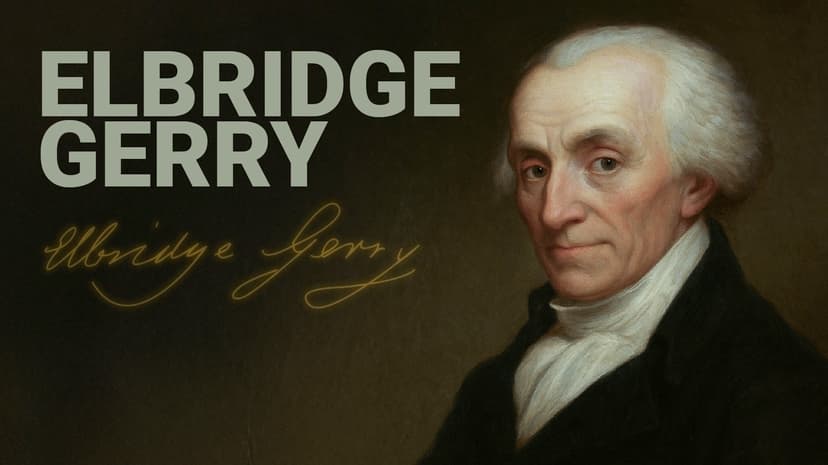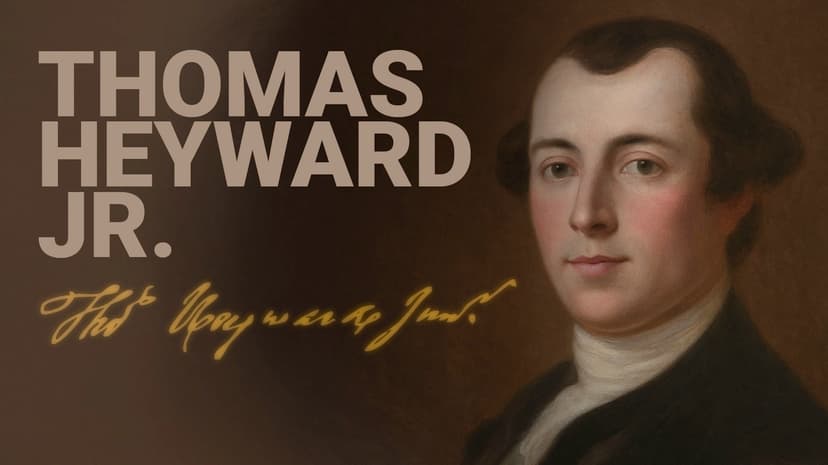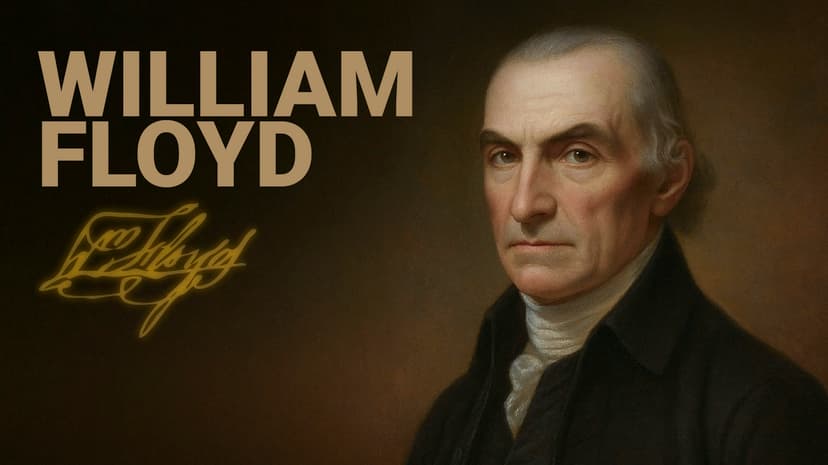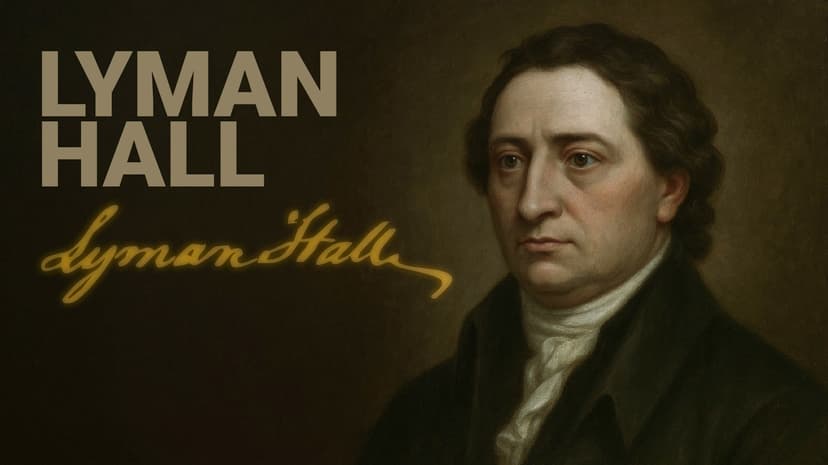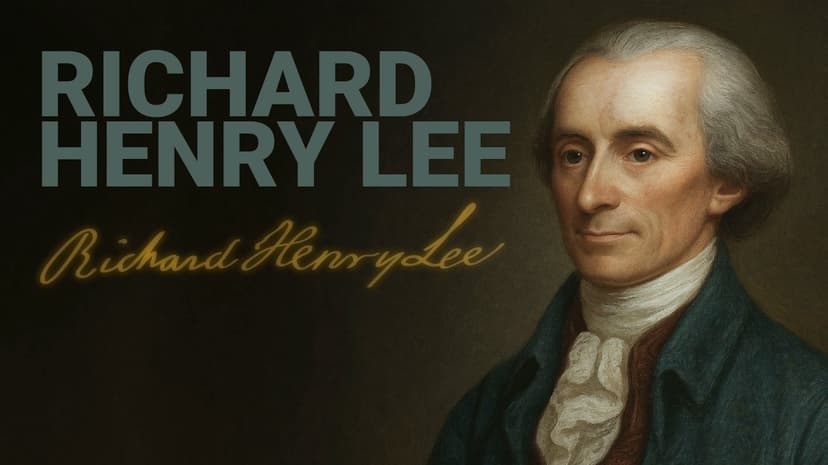Did this video impact you? Help us impact others!
Road to Liberty: George Wythe
Jun 17, 2025
·George Wythe was a lawyer, judge, professor, and influential Founding Father whose contributions shaped the legal and political foundations of the United States.
Born in 1726 in Elizabeth City County, Virginia, Wythe attended the College of William and Mary and studied law in his uncle’s office. His legal talent earned him a strong reputation, and in 1748, he was appointed clerk to two House of Burgesses committees. In 1754, he became acting Attorney General of Virginia—the youngest to hold the position.
In 1758, Wythe became William and Mary’s representative to the House of Burgesses, mentoring students like Thomas Jefferson, with whom he discussed literature, science, architecture, and politics.
As tensions rose with Britain, Wythe became an advocate for independence and earned a seat in the Second Continental Congress. Though he returned to Virginia before the Declaration of Independence was finalized—to help draft the state constitution and design the state seal—his colleagues left room for his signature. He added it upon his return in September 1776.
Wythe later served as Speaker of the House of Delegates, a member of the Virginia Convention, and one of three judges on the High Court of Chancery. He was also named the first professor of law at William and Mary, making him the first law professor at any American institution. His students included James Monroe and John Marshall.
Wythe later moved to Richmond, where he spent time studying ancient Hebrew and conducting electrical experiments. He died in 1806, allegedly poisoned by his grandnephew.
